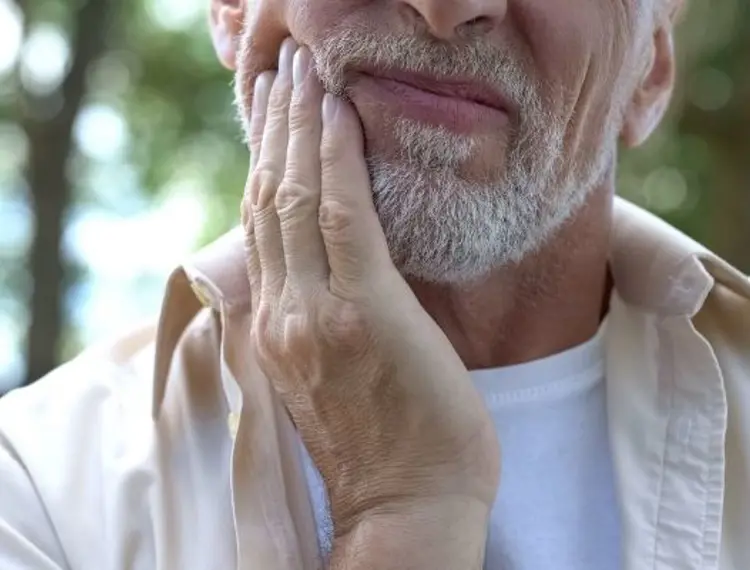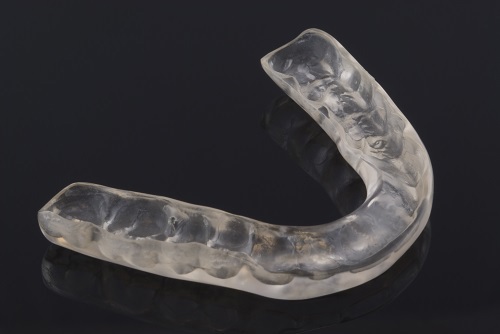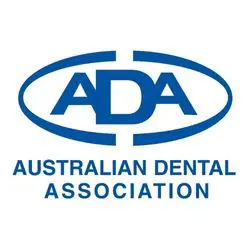
Bruxism is the grinding or clenching of teeth that is not part of normal chewing movements. It can cause teeth to wear and may damage the teeth and jaw joints. Treating it early is important to avoid significant dental complications.
Bruxism can occur during the daytime or at night whilst sleeping. People who grind their teeth during sleep have no conscious control over the action.
You may not be aware that you grind your teeth whilst sleeping, unless your partner tells you or you have symptoms. If you know you grind your teeth, or if you think teeth grinding causing your symptoms, see your dentist.
What are signs and symptoms of teeth grinding?
Signs and symptoms of teeth grinding can include:
- fractured, chipped or loose teeth
- a dull headache, sore jaws and/or ear pain
- aching teeth, and stiffness in the face and temples, particularly in the morning after waking up
- jaw joints become sore while eating
- generalised sensitive teeth
- intense jaw clenching
- multiple cracked or broken fillings
- tooth mobility
- temporomandibular (jaw joint) disorders (TMD).
It is best to see a dentist if you have some of these signs or symptoms. They will do an examination and may provide any treatment that you may need.
What increases my risk of grinding my teeth?
Causes of teeth grinding have been related to both physical and psychological stressors including:
- stress and anxiety
- alcohol
- smoking
- caffeine
- snoring
- obstructive sleep apnoea
- drugs including antidepressants (SSRIs, SNRIs), antipsychotics, amphetamines (methamphetamine, MDMA), and cocaine.
If the source of your teeth grinding is emotional, it is important to deal with these issues. Contacting a support service can help.
Contact Lifeline on 131 114, or Beyond Blue on 1300 224 636.
How can I manage my teeth grinding?
Not everyone who clenches or grinds their teeth will require treatment.
One of the first steps in managing bruxism is to try and remove the cause. Therefore, risk factors that can cause bruxism should be avoided where possible.
For people with ongoing teeth clenching or grinding causing discomfort or tooth damage, a dentist may recommend an occlusal splint which works to protect the teeth from the effects of grinding when sleeping and decreases the symptoms such as discomfort from the muscles and jaw joint linked to the grinding.
Sleep bruxism can be linked to obstructive sleep apnoea. Your dentist may recommend you be checked for this condition. This may involve being referred to a sleep physician or your general medical practtioner.
Dental fillings, or crowns may be required to repair the damaged or worn tooth structure. Severe tooth wear can affect the appearance of teeth and a smile. In extreme cases, badly damaged teeth may need to be removed.
Occlusal splints
An occlusal splint is also sometimes called a bite splint, night guard or night mouthguard. An occlusal splint is made from hard plastic that fits over the upper or lower teeth. It covers only part of the teeth and does not cover the gums. It is different to a sports mouthguard.
An occlusal splint is custom-made by your dentist to suit your individual needs.

An example of an occlusal splint that is worn at night whilst sleeping. Getty Images.
An occlusal splint protects teeth from wear and damage caused by teeth grinding and clenching. It also decreases stress and strain on face and mouth muscles and the jaw joints. A splint will not stop you from grinding but will take away the some of the signs and symptoms.
If you have an occlusal splint, be sure to take it to routine dental examinations for your dentist to ensure it is still working properly. If your splint no longer fits, becomes bent out of shape. worn or broken, it will need to be replaced. If you have dental treatments that change the shape of a tooth or teeth, such as a dental crown, your splint may need to be adjusted or replaced if it cannot be adjusted to fit back in your mouth.
Care for your occlusal splint by:
- keeping it dry in a protective care
- brushing it with soft liquid soap, a spare toothbrush and cool water to clean both the inside and outside surfaces.
Not everyone who grinds or clenches their teeth needs an occlusal splint. It is best to talk with your dentist about your concerns, any symptoms you may be experiencing and whether a splint is the right treatment option for you.


